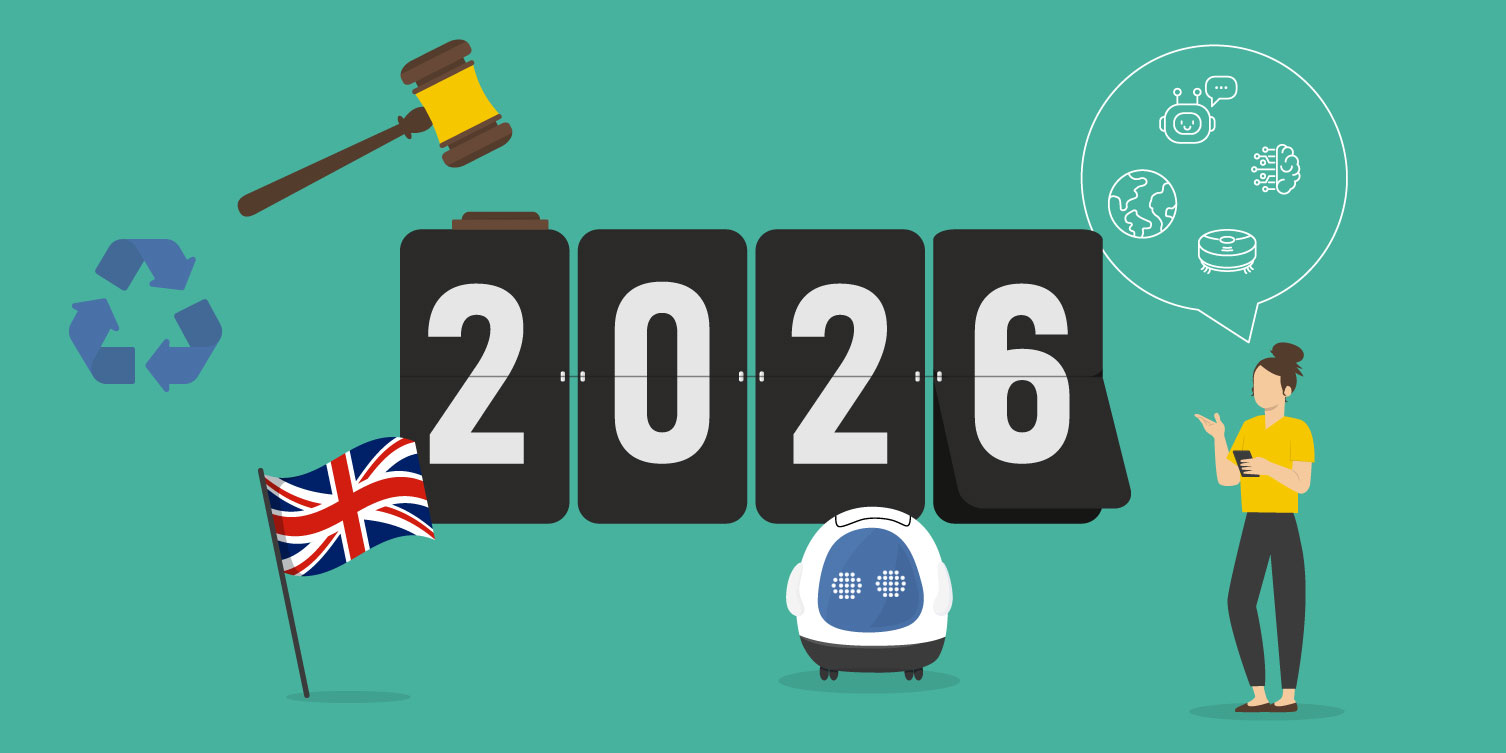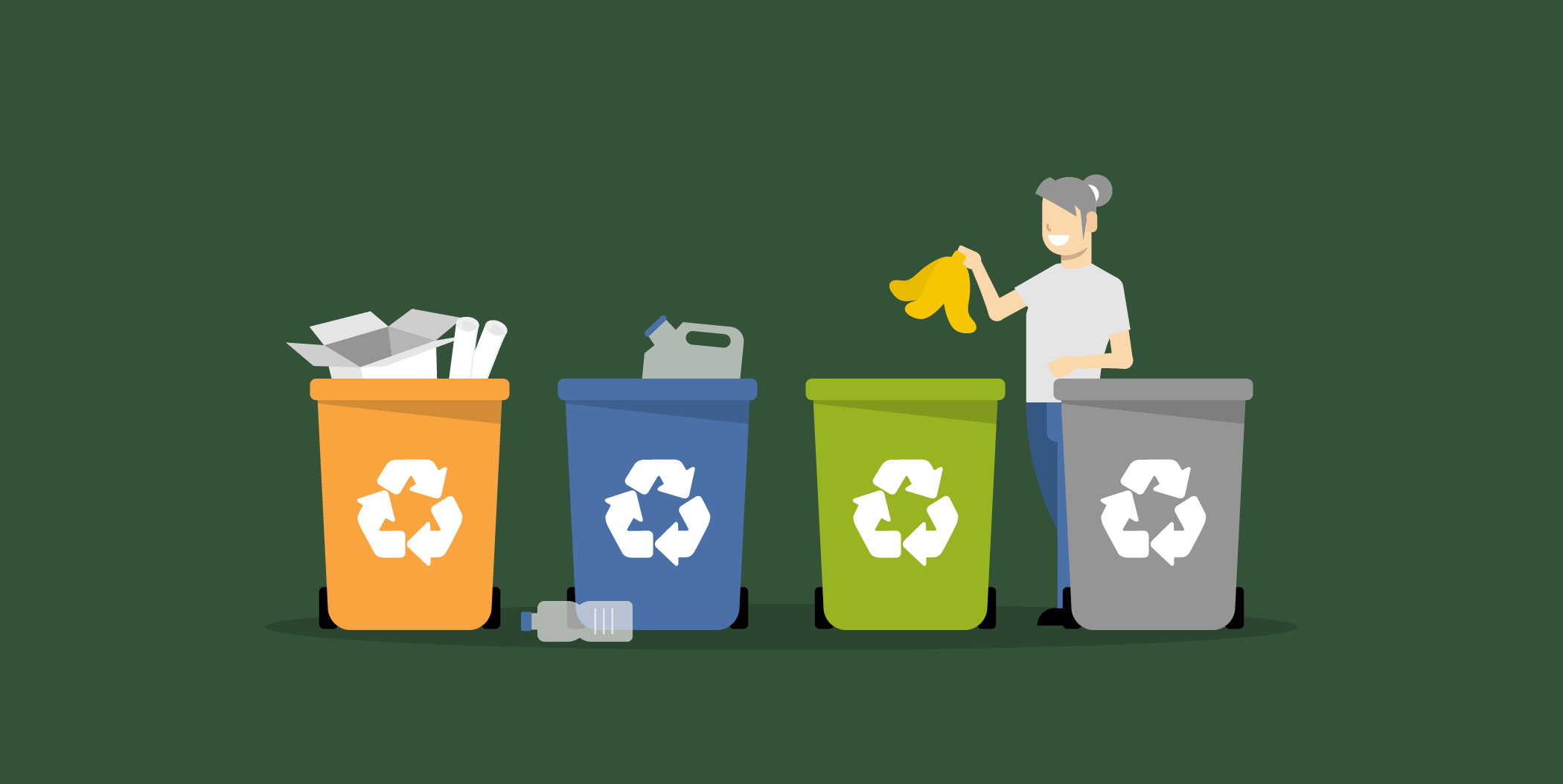The UK cleaning industry is heading into another year of big changes. In 2026, new rules and standards will take effect while others continue to tighten – from chemical labelling and waste to employment rights and sustainability reporting. At the same time, your clients expect more documentation, better quality, and greater transparency in how cleaning is delivered. Here you’ll find the key points you need to stay on top of the 2026 requirements and keep your business running smoothly – and stay one step ahead of your competitors. This guide highlights the most important cleaning industry trends 2026 so you know what to prioritise. New Rules in 2026 You Need to Know In 2026, you will meet a number of rules which affect everything from the products you use, to the way you plan, document, and manage your team. The most significant changes involve chemicals, waste and packaging, working conditions and sustainability reporting. These are areas where you, as a business owner, will have responsibilities to meet, but also clear opportunities to strengthen your operation and improve your quality. A note on the 2025 Autumn Budget Before looking at the new rules for 2026, it’s worth noting what the 2025 […]
Author: Lærke Cecilie Ditlevsen
Generic vs. Tailored Software for UK Cleaning Companies
Most cleaning companies start out with whatever tools are already at hand — a shared calendar, a group chat, or a spreadsheet. And for a small team, that can feel like enough. In this article, we’ll answer the key questions UK cleaning companies ask when weighing up generic vs. tailored cleaning business software, and show why making the switch is more than just an upgrade — it’s a way to run a more reliable and scalable business. What Is the Difference Between Tailored and Generic Software? Many UK cleaning companies begin with free or familiar tools. They’re quick to set up, staff already know how to use them, and for a small team they often feel like enough. But over time the limits become clear: evenings spent adjusting rotas manually, sending reminders in chat threads, or double-checking timesheets before payroll. What started as a simple fix soon turns into a hidden cost — lost evenings, frustrated staff, and even unhappy clients. That’s the turning point many cleaning companies face: do you keep using generic tools that were never built for the industry — or switch to commercial cleaning management software designed around cleaning workflows? Let’s start with what the two […]
Enhancing Efficiency Through Digitalisation in the Cleaning Industry
Digitalisation is no longer just a buzzword — it’s a practical way to make cleaning operations smoother, smarter, and more efficient. From cleaning company software to IoT technology, there’s a wide range of tools ready to help. We’ve tested some ourselves, including IoT devices and our cleaning robot, and seen first-hand how they can transform daily work. In fact, official UK data shows that companies embracing modern technology achieve around 19% higher turnover per worker than those who don’t. Let’s explore what digitalisation really means, why it’s worth the effort, and how to make it work in the real cleaning world. The Reality of Everyday Cleaning Management It’s 7:00 AM, and the day has only just begun. Two cleaners have rung in from bed with the flu, the phone is buzzing with last-minute changes, and a client is already chasing proof of yesterday’s job. These challenges often stem from manual scheduling, paper-based checklists, and reactive problem-solving, all of which create unnecessary stress and inefficiency. But many of these issues can be solved with the right digital tools and cleaning technology. If you can spare a bit of time and effort, small steps toward digitalisation can make a big difference. Many […]
What We Learned from Testing Sensor Technology in Our Office
At CleanManager, we develop cleaning company software and work every day to make workflows smarter. We are also curious about how new technologies can support planning and documentation. To explore whether sensor technology could ease the workload for our own cleaning staff and optimise operations, we decided to test it in our offices. In this article, we share our experiences – the benefits we observed, the challenges we faced, and practical recommendations for anyone considering investing in sensor technology. Technology Must Work in Practice — That Includes Sensors Technically speaking, sensors are part of what is known as the Internet of Things (IoT). For a cleaning company, this simply means that they are small, wireless devices that automatically send data – without cables and without the need for complicated IT. Sensors send notifications automatically. For example, when a meeting room hasn’t been used at all, when an area has been marked as cleaned, or when humidity levels indicate that extra attention is needed. This way, you save time, get documentation of the work carried out, and can be confident that your clients receive the service they expect – without having to check everything yourself. Why Did We Choose Sensors? We […]
Get the newest posts directly in your inbox completely free
Why Technology Has Become Essential for Cleaning Companies
Every year, Cleanmanager hosts an industry day event for the cleaning industry in collaboration with BoConsult. In 2025, the topic was AI, robots and digital tools. And the message was clear: If you haven’t already started using technological solutions, now is the time to get on board. But what does it mean in practice? And how do you start your digital journey when your day-to-day is packed? In this blog post, you’ll learn why cleaning technology is no longer optional in the cleaning industry. The Challenges in the UK Cleaning Industry Your business operates in a complex reality. Labour shortages make it difficult to staff tasks and maintain stable operations. Rising expectations from clients – including demands for documentation, flexibility, and transparency – are placing an increasing administrative burden on management. Tighter deadlines and growing competition are pushing the need for efficient planning and well-defined processes. Sustainability targets and new regulations require more documentation and insight than ever – and many companies are still working with manual systems that are not equipped to handle it. The challenges are not only practical, they are structural. More tasks need to be handled with fewer people and at a higher standard, which easily […]
Your Cleaning Company’s Role in Simpler Recycling 2025
We’re now four months into the Simpler Recycling 2025 legislation, and businesses across England are adjusting to the new workplace waste management. But compliance doesn’t happen on its own, it depends on the people handling the bins every day. That includes your cleaning team. In this blog, we’ll recap what the 2025 waste legislation require, explain what they mean for cleaning companies like yours, and show how your staff play a key role in keeping clients compliant. You’ll also get practical tips to avoid common mistakes, and turn the regulations into an opportunity to add value. Need a Refresher on Simpler Recycling? Start Here Simpler Recycling for businesses is a legal requirement that came into effect in England on 31 March 2025. It says that all workplaces must separate their waste into three key streams before it’s collected: Dry recyclables: paper/card, plastic, metal, and glass Food waste: even if there’s only a little Residual waste: anything that can’t be recycled Micro-businesses with fewer than 10 full-time employees have until 31 March 2027 to comply, but everyone else must already be following the rules. If waste is mixed incorrectly or contaminated, it may be rejected or incur extra fees. That’s why […]
The G in ESG – Why Governance Matters for Cleaning Businesses
More than ever, clients, staff, or partners expect businesses to operate ethically and transparently. In 2024, a research report showed that 70% of Brits are committed to buying from ethical small and medium-sized businesses. This is what governance is all about. It is the way a business is managed and structured, but governance is not just one part of ESG—it’s the foundation that supports both environmental and social sustainability. Without clear strategies, ethical leadership, and accountability, no business can achieve long-term success. Strong governance ensures that environmental and social initiatives aren’t just promises—they become real actions backed by clear policies and responsible leadership. So, what exactly does the G in ESG stand for, and how can your cleaning business use strong governance to build trust, improve operations, and secure long-term success? This article explores the role of governance in ESG and provides practical steps for implementing it in your cleaning business. What Does “Governance” Mean, and Why Is It Important for Cleaning Businesses? ESG stands for Environmental, Social, and Governance—three key areas used to evaluate a company’s sustainability and ethical impact. ESG reports help businesses track progress, improve performance, and demonstrate results to clients, staff, and investors. The G, Governance, […]
How to Protect Your Cleaning Business from Cyberattacks
Digitalisation has transformed the cleaning industry, making operations more efficient through smart devices, digital job management, and interconnected tools. With these advancements come new risks—how vulnerable is your business to cyber threats? According to Markel Direct, half of UK businesses experienced a cyberattack or security breach in 2023, with small and medium-sized businesses (SMEs) being particularly vulnerable. Shockingly, 49% of SMEs admit they wouldn’t know how to respond to an attack. As a cleaning business, you may think you’re too small to be a target, but cybercriminals often look for the easiest way in—and cleaning companies, which handle sensitive client data and access credentials, are attractive entry points to larger organisations. Why Your Cleaning Company Is at Risk for Cyberattacks Cyberattacks can do more than just shut down your systems—it can cost you clients, delay payments, and disrupt daily operations. Around 75% of SMEs in the UK worry about cybersecurity. For your cleaning business, this is something you can’t afford to overlook, as you handle highly sensitive information, including: Client details (names, addresses, and billing details). Access codes and security credentials. Contract details and internal records. Employee payroll and personal data. A breach can lead to financial losses, contract cancellations, […]
How to Master Cleaning Business Leadership in 2025
Leading a cleaning business isn’t easy, and 2025 will bring both new opportunities and challenges. Between managing employees, handling customer expectations, and keeping up with rules, leadership can feel overwhelming. But with the right tools and strategies, you can reduce stress, improve efficiency, and spend less time on paperwork. Here’s a simple guide on how to make your business run smoother in 2025. Cleaning Trends that Will Define Leadership in 2025 In 2025, successful leaders will be those who embrace the latest trends and stay ahead of industry changes. However, great leadership is not just to follow trends— great leaders strategically adapt them to fit their business needs, rather than diving head first into the evolving landscape. Stressless Leadership with Technology Many leaders are already exploring how technology can support their teams and improve daily operations. If you’re considering automation, here’s how you can start: Management Steps for Technology and Digitalisation 1. Begin Your Automation Journey Invest in cleaning robots to handle repetitive tasks and reduce the physical strain on employees. 2. Start Using Digital Planning Simplify scheduling and resource management with tools like CleanManager. 3. Simplify Complex Tasks Use AI systems and drones to manage large-scale or difficult cleaning […]








